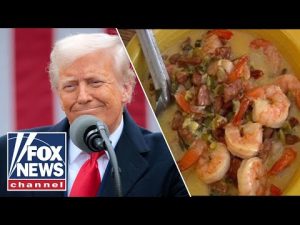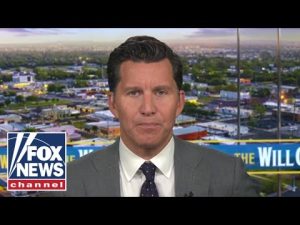In the bustling city of Charleston, where cobblestones meet bureaucracy, a story unfolded that was both a comedy of errors and a testament to human ingenuity. Our tale begins with an unsuspecting driver who became ensnared in the city’s notorious parking trap. Attempting to go about his day, he found his car blocked by the unwelcome accessory of a Barnacle—a device that would rival even the stickiest barnacle in terms of obstruction. It’s as if the city had decided to play a little prank, but neglected to provide any punchline or instructions on how to resolve the situation.
Our protagonist wasn’t about to let a hunk of plastic dictate his afternoon. Armed with a phone, he embarked on a quest worthy of a modern-day hero, trying to contact city authorities. But Charleston’s communication channels seemed more like a collection of ghost numbers, as he texted and dialed with the enthusiasm of a kid trying to find Pokémon in the real world. Alas, not a peep in response. The parking attendants were as elusive as Bigfoot on a foggy day, leaving our hero stranded in a bureaucratic maze.
As time ticked away, and with frustration mounting, our hero stumbled upon a revelation that would have left Newton’s apple moment in the dust. The city’s seemingly insurmountable Barnacle was no match for common sense and a bit of elbow grease. As if by magic, or a nudge from fate, he discovered that removing the obstruction required nothing more than payment through the app, a process no more complex than ordering a pizza. It’s the kind of life hack that makes one wonder if Houdini himself wouldn’t have been impressed.
In that moment of triumph, our unassuming protagonist turned accidental hero. Who needs a parking attendant when you have wit and determination on your side? He became an instant legend in the parking chronicles of Charleston—a true DIY hero in a world full of red tape and automated voices. It’s not every day you witness someone rewrite the rulebook on urban survival with nothing more than curiosity and quick thinking.
For his revolutionary discovery in the art of parking liberation, perhaps he does deserve a string of accolades—a symbol of resistance against the Kafkaesque mechanisms that often ensnare us. If there’s a moral to this tale, it’s that a bit of ingenuity and access to a smartphone can turn any locked situation into an open road. As the curtain falls on our story, one can only hope Charleston discovers a more streamlined system, where unlocking a car from captivity is not a quest but a courtesy.







